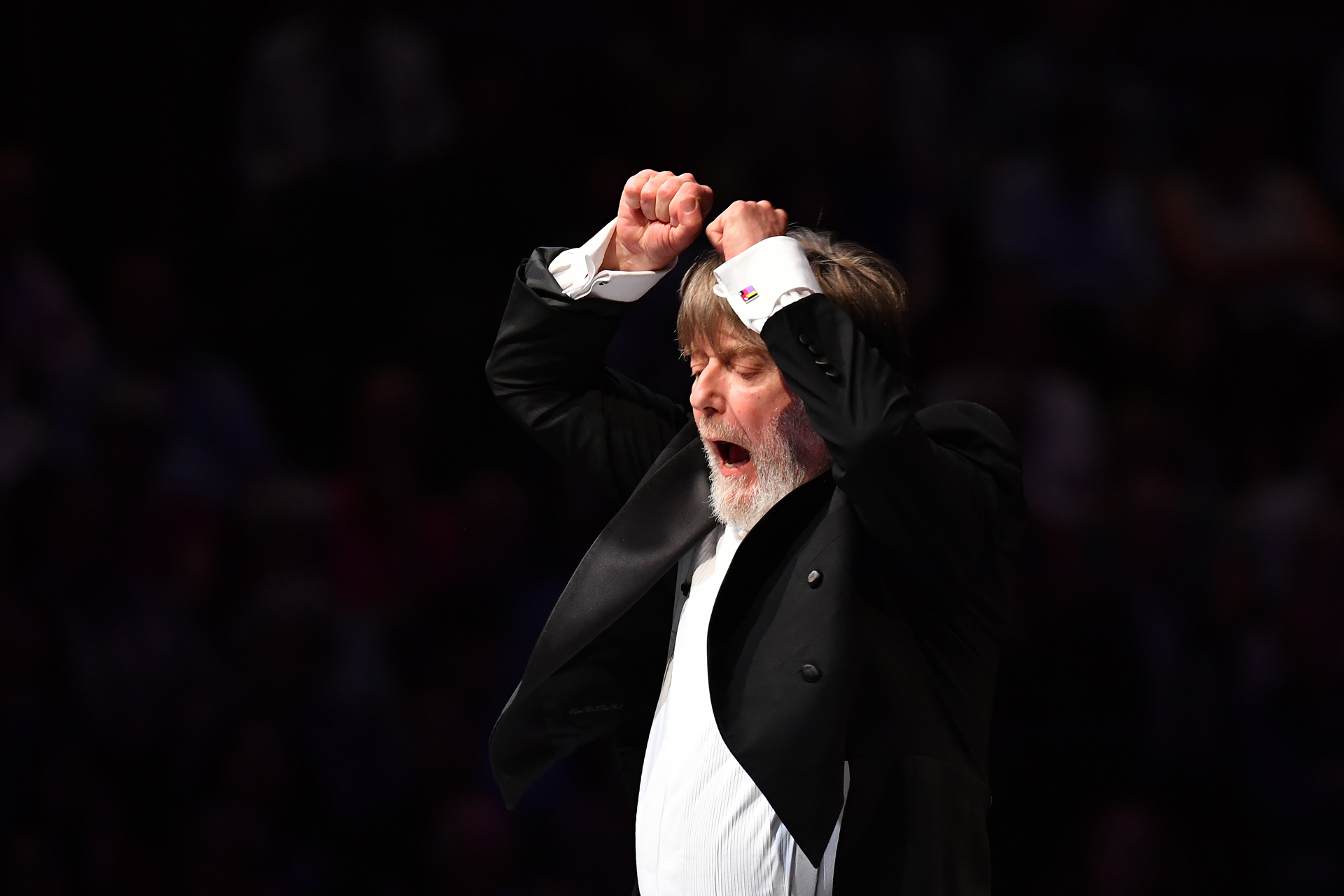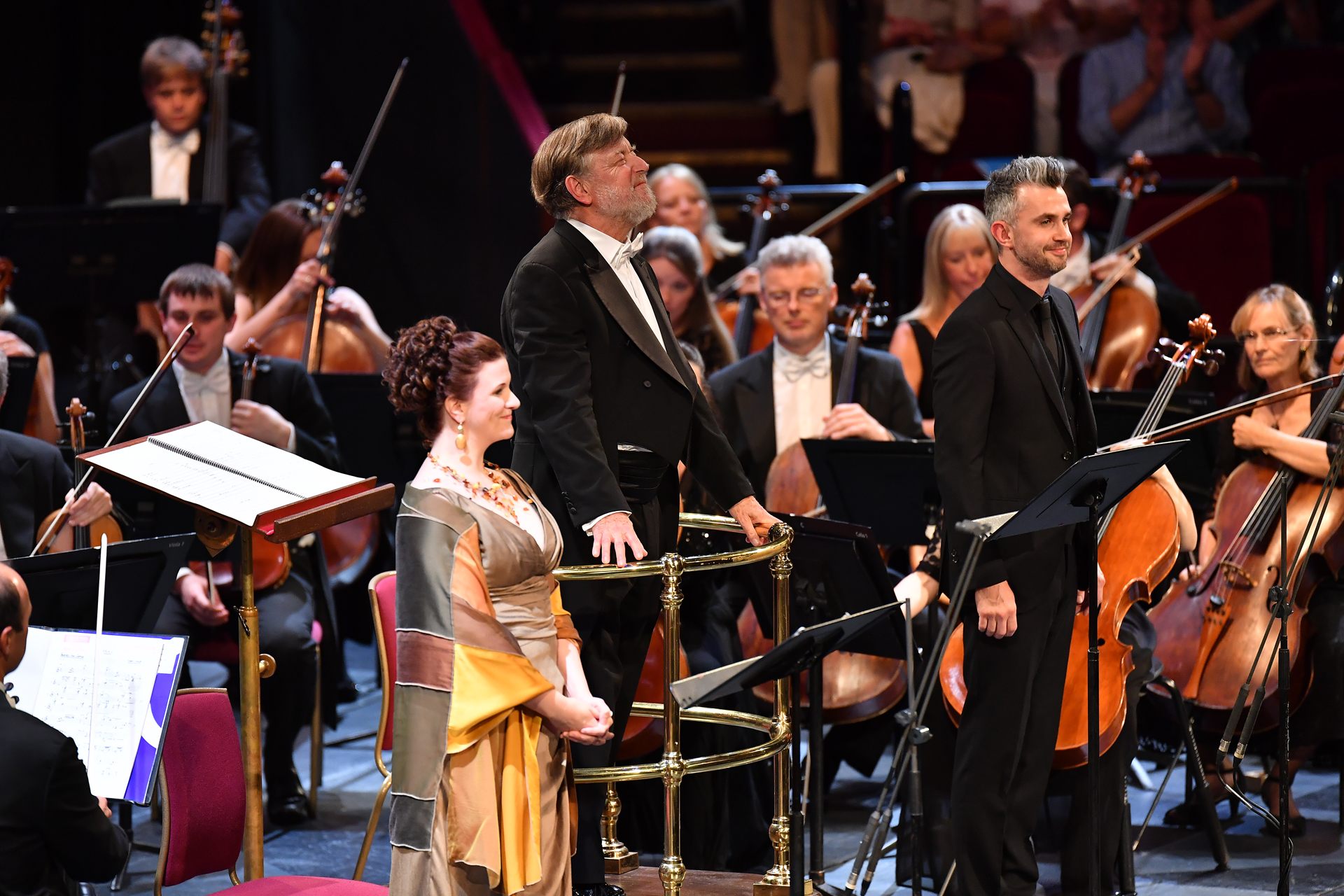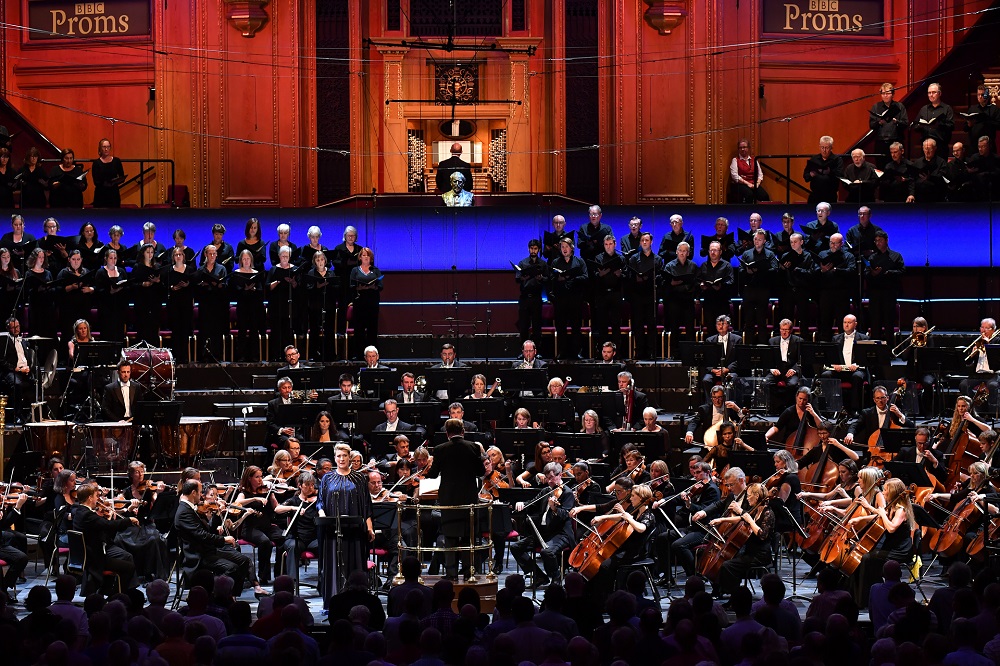Let's be clear: this was a Prom of world-class works by English composers, not a conservative concert of English music. Politically speaking, Elgar was one of the few on the right, but how different inwardly, speaking through the poet Arthur O’Shaughnessy and singing with his own reminiscences in The Music Makers of timeless art that outlives the fall of empires and individual fates. How moving it was, then, to welcome back Dame Sarah Connolly after her very public statement about her recent operation for breast cancer. The most passionate of Remainers, she might have worn a more pronounced blue and yellow dress had there been anything parochial to apologise for; but there wasn't, either in the music or its execution under Sir Andrew Davis.
“Unearthly, impossible seeming,” as O’Shaughnessy puts it of inspiration, would certainly be right for Vaughan Williams’s immortal Fantasia on a Theme of Thomas Tallis, and the Albert Hall must be the best place of all to hear it. Stopping short of cathedral mush, its acoustics cast a halo around the string orchestra, and by locating the second ensemble of 10 players as an angel consort just below the bust of Sir Henry Wood, with a sea of red chairs between them and the rest, Davis (pictured below) set up the right magic. But it was up to him to conjure the far horizons; exquisite pianissimos were balanced with exactly the right weight and emphasis in fruitier moments, and the biggest climax had an articulation which showed a master’s touch. Exquisite solos, too, from leader Igor Yuzefovich and principal viola Norbert Blume (note the international make-up of the BBC Symphony Orchestra)















Add comment